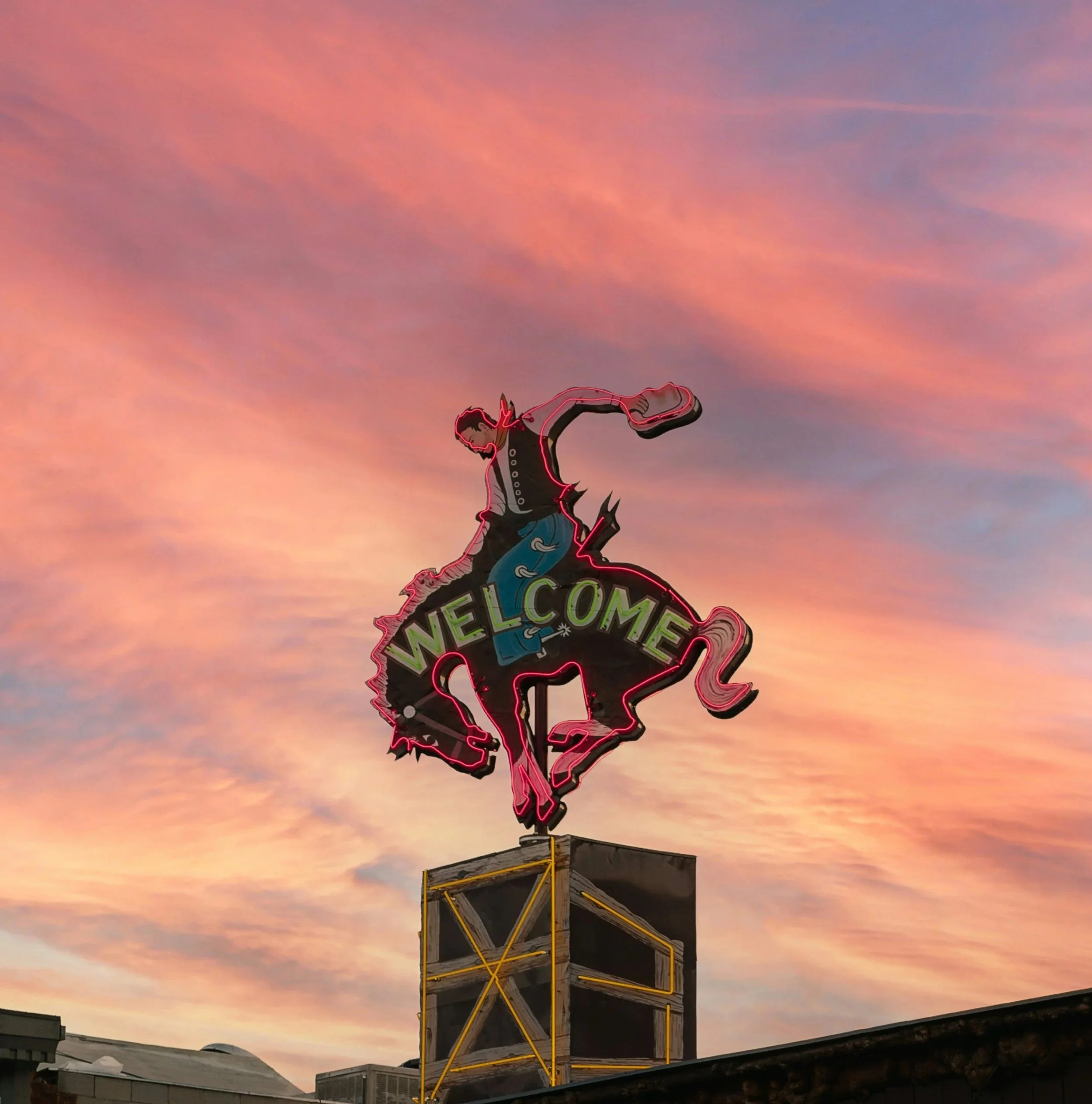To the Woman Looking for the Hospital

I assume, to you, I was a fumbling, dour, hack of a man. I stood there, right outside of Gangnam Station, Exit One, looking down at your pained face, listening for words and pronunciations that made sense. Around us, cars roared and fumed, and people—Koreans, mostly—skittered urgently by, racing to the shelter of the green-glass subway awning. The sky was gray, the wind delicate and sweet, and you were animated and intense in your cropped beige pants, your puffy blue blouse, your red visor, your silver earrings, your lipstick. Your eyes swam as you talked, elongating then narrowing your cheeks, and your age, I’d guess, was somewhere between 65 and 70, though I’ve never been a good judge of these things. You were brimming with urgency, I remember, and, as per usual, I understood nothing: I only heard letters and sounds strewn together in impossible stretches. But when you ended, your final words were a question, and impossibly, remarkably, I knew the answer. I smiled. I felt, for a moment, a crisp searing joy, a voracious appetite suddenly satiated, the fruits of longtime labor abruptly realized. You said: “Where is the hospital?” or rather, “Pyung-won ohdiseyo?” I breathed deep. I opened my mouth.
What you must know is this: I’d prepared for this moment for a year. Tired, achy, determined, I’d dutifully gone to Korean language classes every evening. I’d resolved to have this moment with someone like you, a person on the street, a stranger, acknowledging me as one of their own, asking me an important question. For a year I waited for you, and for a year nothing happened. But I was ready! By the time we’d met, I’d already envisioned myself fluent, confident, viscerally Korean, responding elegantly, my grammar on point, my vocabulary impressive. Though you’d detect an accent—this I’d never shake—you’d listen to me and nod, and when I’d finished responding, you’d smile and thank me. This exchange would’ve meant little to you—just a fellow Korean asking a comrade for directions—but it would’ve solidified for me a place in the world, at least for a moment.
“You walked, shook your head, the frenzy of Seoul swallowing you in its dizzying tapestry.”
Because here’s the thing: I couldn’t speak Korean well because I was one of those babies Korea gave away. Ip-yang is what you call it—adoptee—but really, that means nothing to me; it’s just sounds. I’m American, you see, but only mildly: because I’m not white, I’m hyphenated—this is how things are. I came to Korea because I wanted to eliminate this hyphenation. I thought that if I was in Seoul, among all those Korean faces—faces I saw so rarely in the U.S.—that full, complete, unadorned Koreanness would eventually invade. But it didn’t. I was just dreaming.
Outside the subway station, sky pulsing above, exhaust smoking the air, my first word to you—horribly—was, “Go” or, in Korean, “Ga.” Your face twisted. Was I telling you to go away? I flushed, wrung my hands. My second word was “Hospital” or “Pyung-won.” You shook your head. My third word was “You” or “Nuh.” You turned away. I’d done it all wrong. “But wait,” I said in English. “I can tell you.” You walked, shook your head, the frenzy of Seoul swallowing you in its dizzying tapestry. “Wait!” I said again, but you were already gone, and I was talking to nobody.
Heartbreak transformed to anger—how could you! how rude!—which transformed to despair. As real Korean people jostled around me, I felt bald and lonely: Where was my tribe if not here? How could I navigate a world where my fractured identity caused people to walk away? What sort of strange amalgamation was I?
I don’t blame you, of course. I mean, I imagine I must’ve looked strange standing there, struggling, spitting, red-faced, eager. Perhaps you thought I was having a mental or physical break. Or maybe you thought I was being facetious—things like this happen. Most likely, however, you thought I was a foreigner, someone who wasn’t at all like you, who couldn’t string a simple sentence together, someone you would never invite to dinner. And that’s okay because that’s what I am and always will be, and our non-words confirmed for me that Korea had abandoned me long ago and that the venture to assimilate wasn’t paramount to living an authentic life: I have a Korean face and an English tongue and that—at least now, years later—is okay with me.
And yet.
I wonder, had you stayed just a moment longer—while I examined my grammar and dug for vocabulary, while everyone around us spoke in effortless ribbons—would you have been my first authentic Korean connection? Would you—a stranger—have renewed my zeal for full Korean integration?
I don’t know.
I do know this: I hope that your pyung-won visit was full of good, surprising news, and that hospitals, in Gangnam or elsewhere, aren’t places you must visit often.
ABOUT THE AUTHOR
James Han Mattson was born in Seoul, Korea and raised in North Dakota. A graduate of the Iowa Writers’ Workshop, he has received grants from the Michener-Copernicus Society of America and Humanities North Dakota. He has taught at the University of Iowa, the University of Cape Town, the University of Maryland, the George Washington University, and the University of California – Berkeley. He has worked as a staff writer and editor for Pagoda Foreign Language Institute, the Korean National Commission for UNESCO, and Logogog – South Africa. In 2009, he traveled to Korea and reunited with his birth family after 30 years of separation. His first novel, The Lost Prayers of Ricky Graves, was an Amazon Literature and Fiction Pick, an Amazon Best Book of the Month, a Publishers Lunch Bookseller Pick, a New York Post Required Reading, and was featured on NPR’s Weekend Edition with Scott Simon. He is currently an assistant professor of creative writing at Murray State University.
Header photograph by Markus Winkler.











